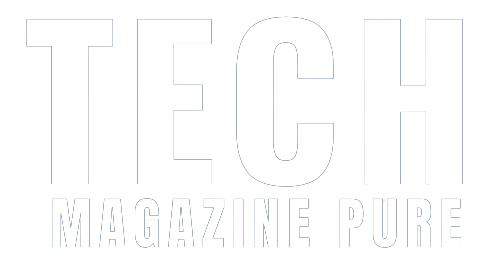When it comes to establishing an online presence, two fundamental components play a crucial role web hosting and domain. While both are essential for running a website, they serve distinct purposes. Web hosting refers to the service that allows individuals or organizations to make their website accessible on the internet. On the other hand, a domain is the unique address that users type in their web browsers to access a particular website. Understanding the key differences and functions of web hosting and domain is vital for anyone looking to establish an online presence and navigate the digital landscape effectively.
Decoding Web Hosting and Domain Key Differences and Functions
In today’s digital world, having an online presence is crucial for businesses and individuals alike. Whether you’re looking to launch a website for your business or create a personal blog, understanding the key differences and functions of web hosting and domain is essential. These two elements work hand in hand to make your website accessible to the world. So, let’s dive in and decode web hosting and domain!
Web Hosting The Foundation of Your Website
Think of web hosting as the foundation of your website. It is the service that allows your website to be stored, accessed, and displayed on the internet. When you create a website, all the files, images, and content need to be stored on a server. A web hosting provider is responsible for providing this server space, ensuring that your website is available 24/7.
There are various types of web hosting available, including shared hosting, virtual private servers (VPS), dedicated servers, and cloud hosting. Shared hosting is the most common and cost-effective option for beginners, as it involves sharing server resources with other websites. VPS and dedicated servers offer more control and resources, while cloud hosting provides scalability and flexibility.
Domain Your Website’s Address
A domain is the unique address that people type into their web browsers to access your website. It is essentially the online identity of your website. A domain consists of two parts: the name and the extension. For example, in www.example.com, “example” is the name, and “.com” is the extension. When choosing a domain name, it’s important to pick something memorable, relevant to your brand, and easy to spell.
To make your website accessible worldwide, you need to register your domain with a domain registrar. This process involves checking the availability of your desired domain name and paying an annual fee to secure it. Popular domain extensions include .com, .org, .net, and country-specific extensions like .co.uk or .de.
Web Hosting and Domain How They Work Together
Web hosting and domain work together to make your website accessible to users. Once you have a registered domain, you need to connect it with your web hosting provider. This can be done by updating the domain’s DNS (Domain Name System) settings to point to the server where your website is hosted.
When a user types your domain name into their browser, the DNS system translates it into the server’s IP address. The server then fetches the website files and displays them to the user’s browser, allowing them to see and interact with your website. Without proper web hosting and domain configuration, your website will not be accessible to users.
In summary, web hosting and domain are two vital components needed to launch a website. Web hosting provides the server space for storing and displaying your website, while a domain serves as the unique address that users type to access it. Understanding the differences and functions of these elements will help you make informed decisions when setting up your online presence. So, take your time, choose the right web hostin provider, register a memorable domain name, and get ready to showcase your website to the world!


